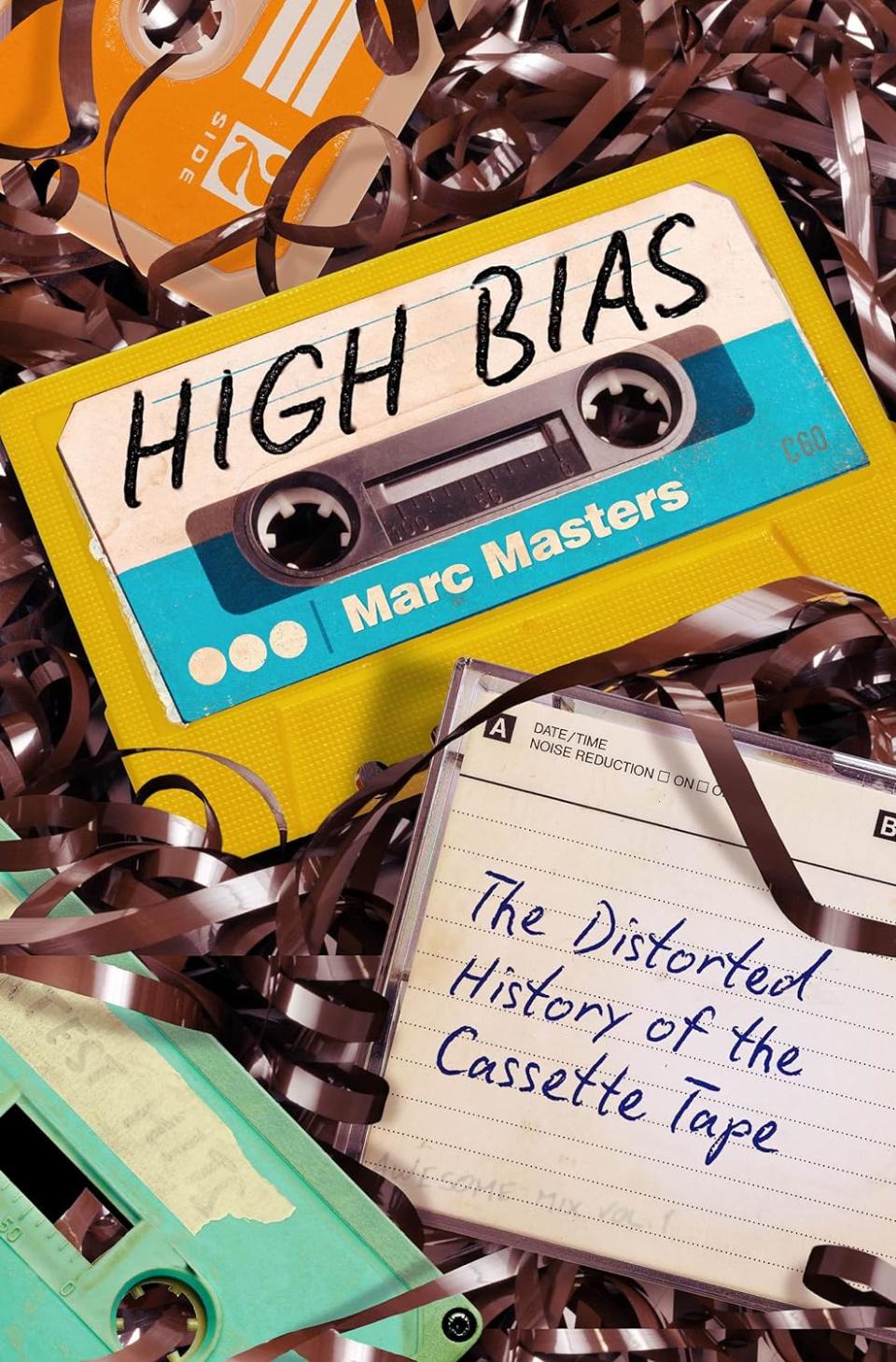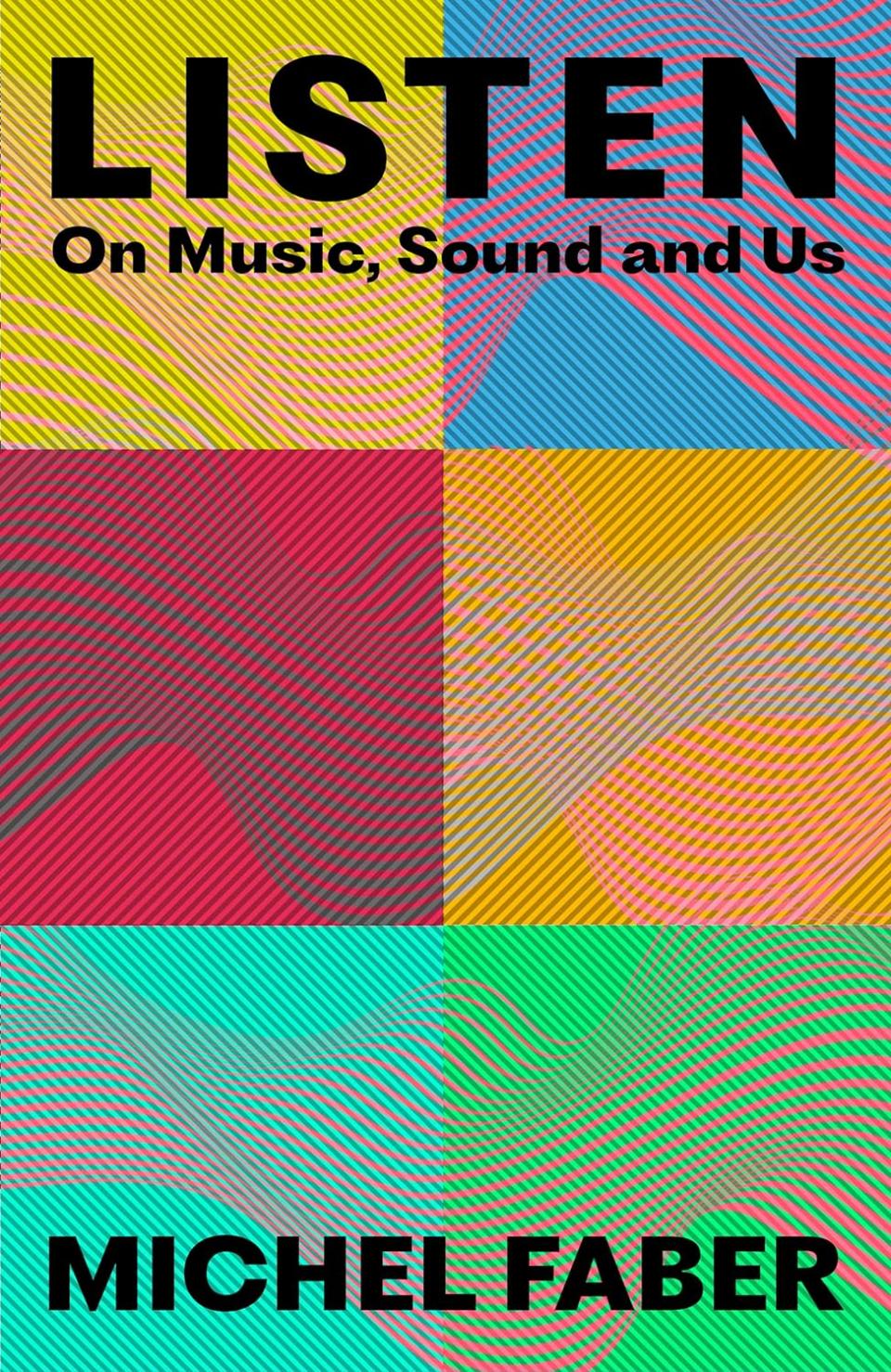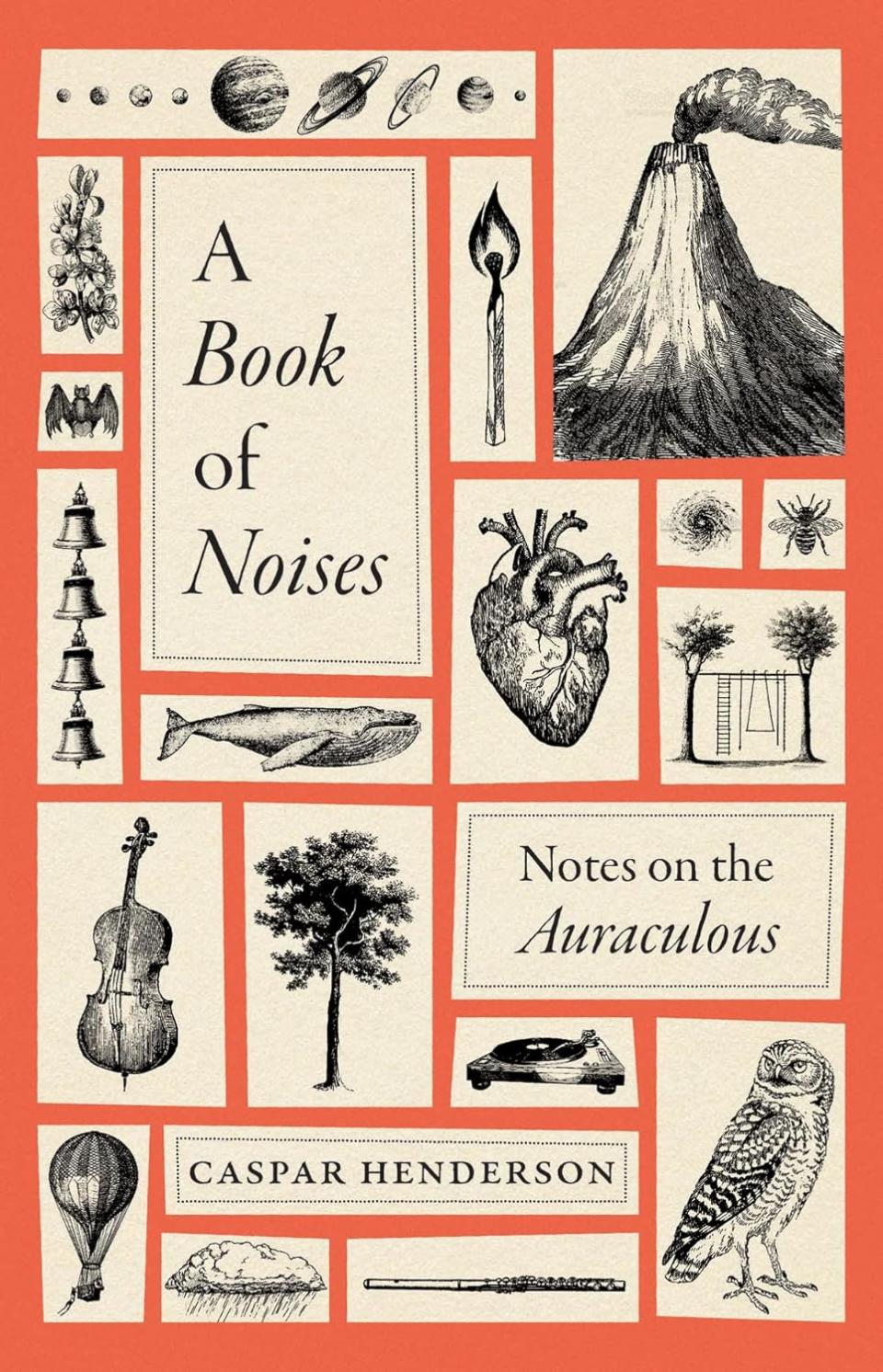Literary Links: Face the music you love with these sound books
Each month, the Columbia Public Library offers selections from its collection related to a current best-seller or hot topic. Librarian Liz Aleshunas compiled this month’s selections.

Music plays an important role in most people’s lives. I myself attribute many songs to specific points in my life, and hearing them can trigger a specific emotional response.
And, although most people love music, I recently learned that up to 5% of the world’s population doesn’t like music. This phenomenon is called musical anhedonia. For those who do enjoy music, or at least are interested in learning more about it, consider checking out some of the books below.
I grew up in the 1990s, so cassette tapes are very nostalgic for me. My first car only had a tape deck, and I remember listening to Nirvana's album “Nevermind” over and over again on my drive to and from school. Marc Masters explores the history of cassette tapes in “High Bias: The Distorted History of the Cassette Tape” (The University of North Carolina Press, 2023). He traces the cassette tape's arc from its genesis in the early '60s to its heyday with the Walkman in the '80s, examines its decline as compact discs arose and its place with our moment's independent musicians.
To continue my fascination with ‘90s music, there is no better book to pick up than “60 Songs That Explain the ‘90s” (Twelve, 2023). This book is a companion to the podcast of the same name in which author Rob Harvilla revisits all the decade's enduring hits. I personally love the chapter that focuses on women in rock, specifically highlighting songs by The Cranberries, Alanis Morissette and Fiona Apple (and many more).
Maybe you, like me, were big into emo music during its heyday. In “Where Are Your Boys Tonight?: The Oral History of Emo’s Mainstream Explosion 1999-2008” (Dey St, 2023) music journalist Chris Payne compiles interviews with over 150 people, from bands to the young fans who helped shape the scene.

Some may be more familiar with the author Michel Faber from his fiction titles “The Crimson Petal and the White” and “Under the Skin,” but he’s also written a wonderful nonfiction book about sound and music. In “Listen: Music, Sound and Us” (Hanover Square Press, 2023), Faber explores the how and why of our listening. Going deeper, he weighs forces including age, business, what's “cool,” and the ways we place “good” and “bad” taste at odds.
Maybe you want to better understand why you like the music you like. In “This Is What It Sounds Like” (W.W. Norton & Company, 2022), author Susan Rogers explains every person's distinct “listener profile,” based on our brain’s reactions to seven dimensions of any song. Whether we prefer lyrics or melody — or like our music “above the neck” ("intellectually stimulating") or “below the neck” ("instinctual and rhythmic") — our profile comes into focus.
If you’re looking for a real deep dive into why you like music, look no further than “Why You Like It: The Science & Culture of Musical Taste” (Flatiron Books, 2019). This massive book comes in at an impressive 700 pages. Author Nolan Gasser explores the science, psychology and sociology of our love for music; how our brains are involved; and why we prefer different artists.
For a more personal take, author Adriana Barton sets out to uncover music’s true potential — sifting medical studies, visiting neuroscientists and meeting with everyone from musicians to traditional healers to understand music’s effects on the body and brain in “Wired for Music: A Search for Health and Joy Through the Science of Sound” (Greystone Books, 2022).

“A Book of Noises: Notes on the Auraculous” (The University of Chicago Press, 2023) describes various sounds in 48 essays. Author Caspar Henderson breaks these sounds into four areas: cosmophony, sounds of space; geophony, sounds of Earth; biophony, sounds of life; and anthropophony, sounds of humanity. Essay topics vary from everyday sounds like frogs, owls and thunder to more obscure sounds like volcanos, the northern lights and climate change.
This article originally appeared on Columbia Daily Tribune: Literary Links: Face the music you love with these sound books

